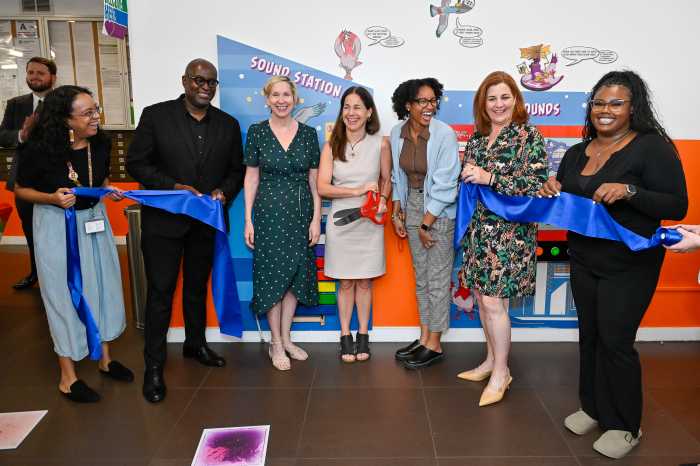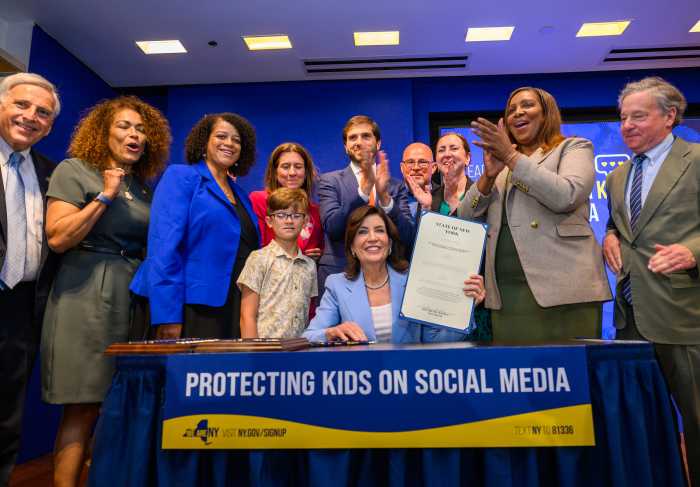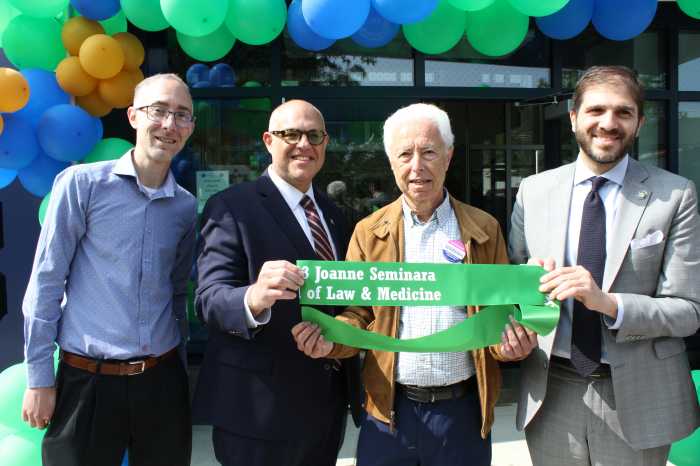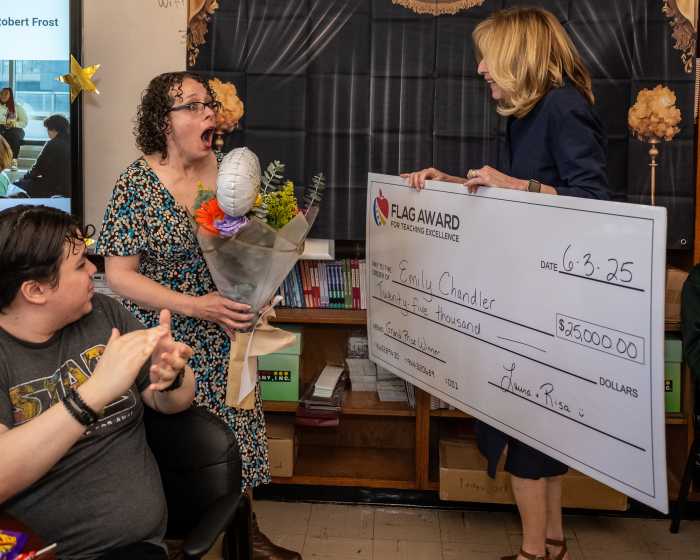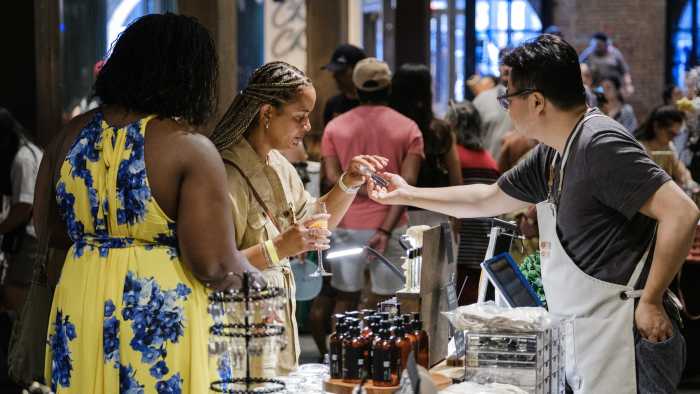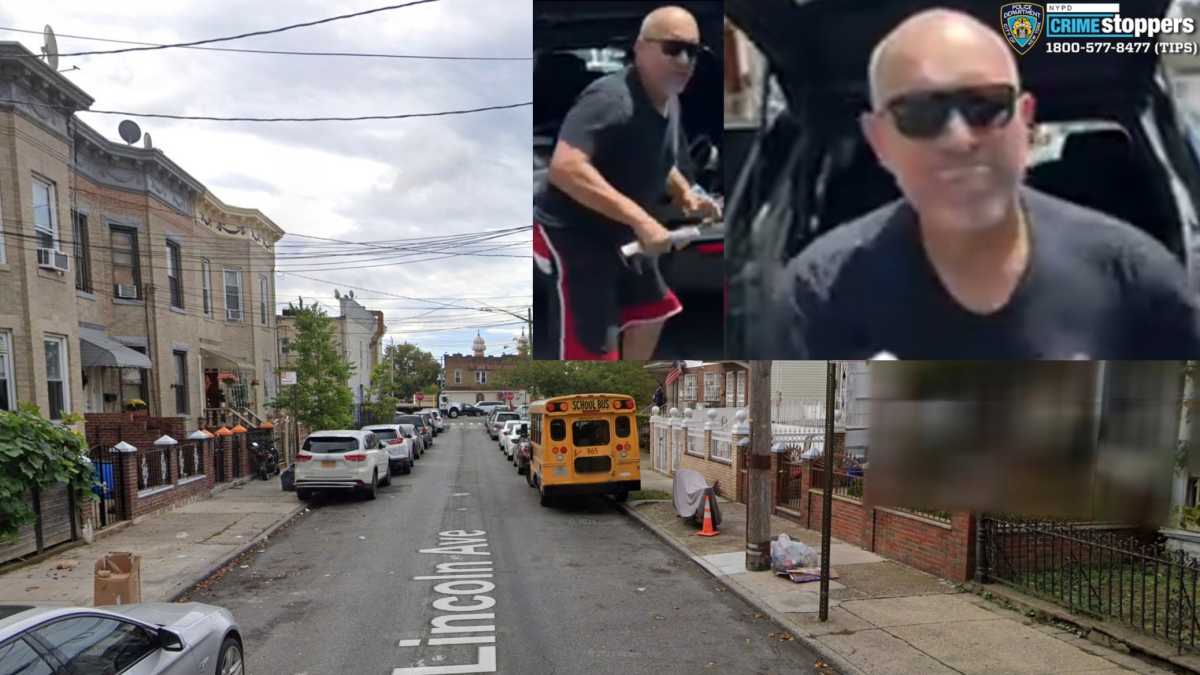I want my 16-year-old daughter to have sex. And my 13-year-old daughter, too. Not today, or tomorrow, but someday I hope they each find someone who’s kiss makes them tingle all over and their hearts race and I dream they will be in loving, respectful relationships when they decide to get down and dirty.
Will abstinence-only sex education help them learn to make good choices about birth control, condom use, or conception? Many religious parents’ groups are advocating for this type of curriculum to be the only one used in the city’s new middle- and high-school sex-ed program. These people want my kids to say no to sex.
Will denying my daughters the HPV vaccine, which will protect them against four of the most common strains of the human papillomavirus that cause many cases of cervical cancer, teach my girls to respect their bodies and their health and to expect their partners to do the same? Rep. Michele Bachmann, a Republican presidential candidate, calls the vaccine “dangerous.” She wants my children to say no to sex.
“No” is easy to teach, but tough to enforce as a parent. I could tell my girls that I will punish them if they have sex, or that God will punish them, or that their souls will rot for eternity in a fiery place and they won’t ever be able to sleep with a stuffed animal again if they so much as kiss anything other than their parents or their dog. But I won’t be in the room at the moment they decide whether to make whoopee or not. All I can give them is a pile of guilt to slow them down. Some studies, however, looking at the relationship between alcohol and drug use at the time of sexual initiation suggest many girls get drunk or high as a way of denying responsibility for having sex. In other words, the only way to get around the guilt is to give up control, to pretend there wasn’t a choice.
So instead of guilt, I want to teach my daughters to say, “Yes” — to recognize it is their decision. Learning to say “yes” is so much more complicated than saying “no.” They need facts. My younger daughter’s gotten all the biology lessons at school. They need explanations. My older daughter has done the condom-on-the-Styrofoam-penis exercise in health class, which made for lively dinner conversation. They need to understand what sexually transmitted diseases are and what it means to get an infection that might never go away. They need to learn to negotiate within friendships, things like what movie to go to or what to eat for dinner before I can expect them to work out the complexities of a physical relationship with a partner overflowing with lust and desire. If I won’t give them knowledge, how can I expect them to exercise reasoned judgement?
Information is a powerful thing, make no mistake. With every fact I give my daughters, I hand over more of my authority. Put another way, the more info they get, the more command they have over their own lives. But without information, there can be no personal responsibility.
Teaching my girls to say “yes” doesn’t mean they will, this week. I think waiting is better, safer, physically and emotionally healthier — and I tell them this. I talk with them about safety, not putting themselves in risky situations, being aware at parties when there are lots of drunk kids around.
Honestly, I don’t like thinking about my daughters having sex, in general or in the specific. I’d rather ponder their future partners — I’d prefer Cubs fans, skilled carpenters and gourmet cooks. But I don’t want to think of my kids not having sex either. Sex is part of healthy, strong relationships, it’s an essential part of being human, of living life fully and well. It’s also fun.
The more they know about the birds and the bees the more likely they are to make the right choice for themselves when the time comes — “no” or “yes.”



